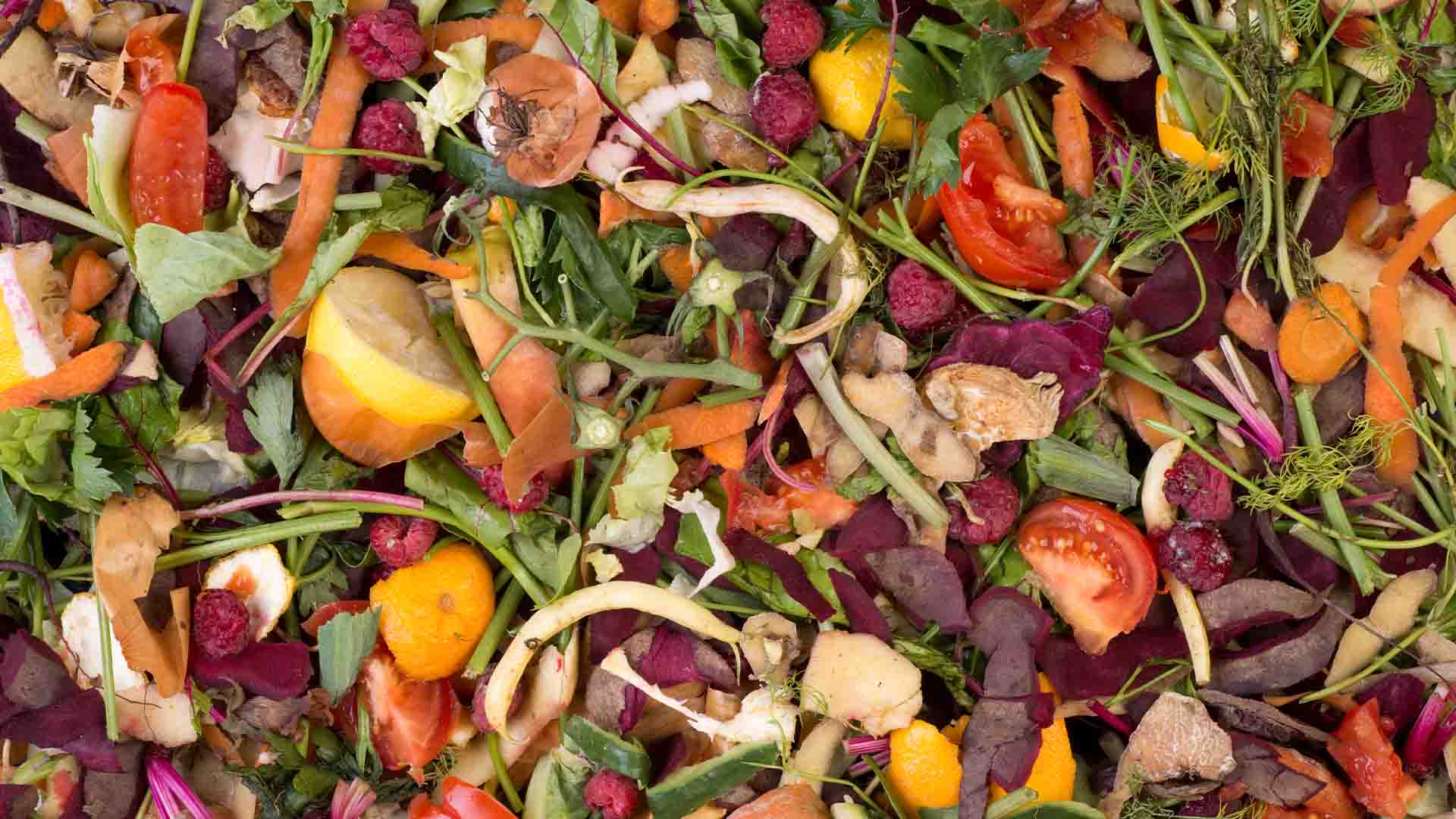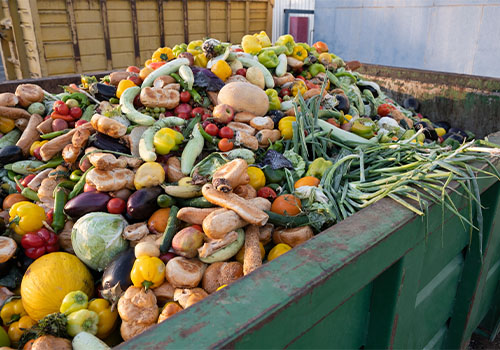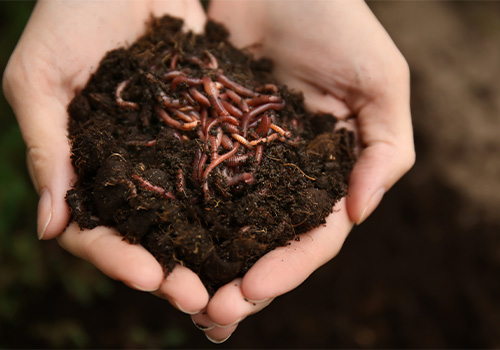
Mar 08, 2018

The amount of food thrown out annually in Australia is staggering, contributing to greenhouse gas emissions and environmental concerns. According to Sustainability Victoria, around 250,000 tonnes of food is thrown out annually in Victoria alone. Remarkably, this is enough waste to fill the Eureka Tower.
To address this issue, it is crucial to implement effective waste management strategies and participate in the national food waste strategy. We can significantly impact by reducing, repurposing, and recycling organic waste. Here are some practical steps to follow:
When it comes to food waste, one of the most prominent causes is the fact that too much food is prepared for a single meal, which is then thrown away. If you are constantly throwing away food because your portion sizes are too large, try to implement the following steps:
One of the main causes of food waste is the tendency to prepare more food than necessary, leading to leftovers that often end up in the trash. Adopting mindful habits in the kitchen is essential to minimise this wasteful practice.
Start by planning meals carefully and cooking only what you and your family will consume. If you find it challenging to portion meals accurately, consider referring to resources like the government's Eat for Health initiative. Being mindful of portion sizes and planning can significantly reduce organic waste and contribute to a more sustainable future.

One effective way to dispose of organic food waste is by starting a composting system. Composting is a natural process that decomposes organic materials into nutrient-rich soil, such as food scraps and garden waste.
By composting, you divert organic waste from ending up in landfills, which contributes to greenhouse gas emissions. Instead, you can turn your kitchen and garden waste into valuable compost that enriches the soil in your backyard or community garden.
Composting reduces waste and provides a sustainable solution for nourishing plants and promoting a healthier environment. Get started with composting today and make a positive impact on both your garden and the planet.
Municipal Organic Waste Programs are an excellent option for disposing of organic food waste in an environmentally responsible manner. These programs, offered by local municipalities, aim to divert garden organics from landfills and utilise them for beneficial purposes. By checking if your municipality provides such services, you can take advantage of separate bins or bags designated for food scraps.
Once collected, the organic waste is taken to specialised facilities, undergoing a carefully managed composting process. In these facilities, the food scraps are mixed with other organic materials like yard waste, leaves, and agricultural residues. This combination provides a balanced carbon-to-nitrogen ratio, which is essential for proper composting.
Participating in municipal organic waste programs ensures proper disposal of food scraps and supports local sustainability efforts. It reduces the volume of waste going to landfills, minimises greenhouse gas emissions from decomposing organic matter, and promotes the circular economy by transforming waste into valuable resources.
Community gardens provide a fantastic opportunity to dispose of organic food waste while supporting local green initiatives. These communal spaces often have designated compost piles where they accept organic materials, including food scraps, to create nutrient-rich compost for their gardens. By contacting your local community garden, you can inquire about their food waste donation policy and contribute to their composting efforts.
You actively participate in the local food cycle by donating food waste to community gardens. The compost from your contributions helps nourish the garden's plants, producing healthier and more abundant produce. It's a symbiotic relationship where your food waste becomes a valuable resource for the community garden while you contribute to reducing waste sent to landfills and promoting sustainable gardening practices.

Vermicomposting, also known as worm composting, is a fantastic option for individuals needing access to outdoor composting facilities. By setting up a worm farm using red worms, you can effectively transform your organic waste into nutrient-dense castings known as vermicompost.
The vermicomposting process involves creating a controlled environment where red worms can thrive and consume your organic waste. The worms break down the waste materials through their digestive process, resulting in nutrient-rich vermicompost that can be used as a natural fertiliser for plants.
It's important to note that not all types of organic waste are suitable for vermicomposting. Avoid adding meat, dairy, oily foods, and large amounts of citrus or acidic materials, as they can attract pests or harm the worms. Stick to vegetable scraps, fruit peels, coffee grounds, tea leaves, and other plant-based food waste.
Local farms and farmers' markets can be valuable partners in your efforts to dispose of organic food waste sustainably. Many of these establishments have innovative ways to repurpose food scraps by using them as animal feed or incorporating them into their composting systems. Contacting them directly to inquire about their food waste utilisation can open up collaboration and environmental stewardship opportunities.
Some farms have livestock that can consume certain types of food waste safely. Pigs, chickens, or other farm animals can benefit from your organic scraps, turning them into a valuable source of nutrition. These farms might welcome donations of appropriate food waste, such as vegetable trimmings, fruit peels, or other suitable leftovers. Before making any donations, it's crucial to communicate with the farm to understand their specific requirements, restrictions, and preferences.
Collaborating with local farms or farmers' markets can reduce waste, support sustainable agriculture, and foster a more resilient and interconnected local food system.
Partnering with WM Waste empowers households to minimise waste, recycle efficiently, and responsibly dispose of their waste. With our comprehensive waste management solutions, including skip bins, recycling services, and dedicated organic waste disposal, WM Waste enables you to make a significant impact on reducing your household waste footprint.
By embracing our expertise and commitment to sustainability, you contribute to a cleaner environment and a greener future for our communities. Join the movement towards sustainable waste management and collaborate with WM Waste to make a positive difference today.
© 2024 WM Waste Management Services | All Rights Reserved